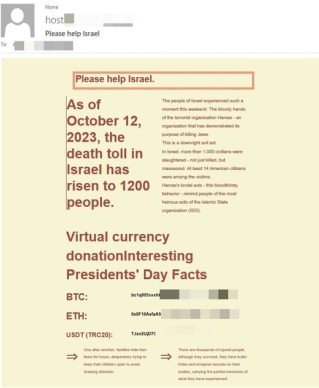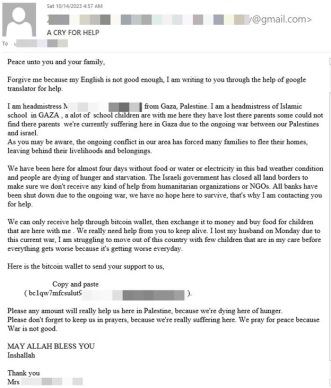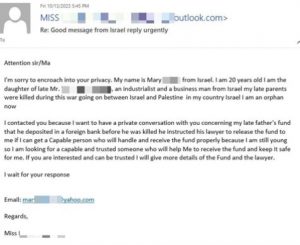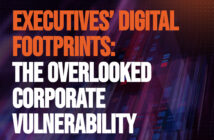
Bitdefender today released findings on Israel-Gaza war scams that started on the 13th of October, less than a week after Hamas attacked.
Bitdefender’s Antispam Lab started seeing email scam campaigns for disaster relief and help for refugees as cybercriminals use the catastrophic war in Israel and Gaza to benefit financially by exploiting the goodwill and charity of others.
Scammers are always looking for new opportunities to line their digital pockets.
 They read the news and watch TV looking for the next big thing they can take advantage of to steal money and personal information from unguarded netizens (internet users and communities).
They read the news and watch TV looking for the next big thing they can take advantage of to steal money and personal information from unguarded netizens (internet users and communities).
The escalating conflict between Israel and militant Palestinian groups has spurred new scam opportunities and cybercriminal groups have already begun targeting consumers’ inboxes with fraudulent correspondence.
Many of the spam emails were directed toward inboxes in Russia, followed by Sweden, Romania, Iran and India, as well as the US, Japan, Germany and the UK.
The email scams are similar to the spam trends observed by Bitdefender researchers from the war in Ukraine, specifically crypto donations and advance-fee scams, piggybacking on the humanitarian crisis and victims on both sides of the conflict.
 Despite thousands of victims and the genuine need for assistance, cybercriminals continue their spam attacks without scruples, masquerading as both victims and false charities to con internet users out of hard-earned money and deprive those who are truly in need of help.
Despite thousands of victims and the genuine need for assistance, cybercriminals continue their spam attacks without scruples, masquerading as both victims and false charities to con internet users out of hard-earned money and deprive those who are truly in need of help.
As the war continues into its second week, Bitdefender expects this type of scam email to be regularly delivered to inboxes of users worldwide, and with fraudsters continuing to adjust their ‘stories’ and donation requests in line with the latest news and updates on the conflict.
Bitdefender urges people to stay informed and not fall for fraudulent correspondence they may receive during this time.
The best way to remain safe and guard your finances is to closely inspect all war-related communications, whether via email, phone, text, or social media.
 Always research the organisation before making any payment – donation requests in crypto, wire transfers, and gift cards are a big red flag to be avoided at all costs.
Always research the organisation before making any payment – donation requests in crypto, wire transfers, and gift cards are a big red flag to be avoided at all costs.
Never respond to unsolicited emails that you know are a scam either. This will tell the scammers that your email address is valid, and they will continue to target you with additional cons and malicious correspondence.
For individuals who wish to donate smartly and securely to the real victims of the war, Bitdefender recommends they research legitimate charity organisations that can provide help and emergency services to people.






